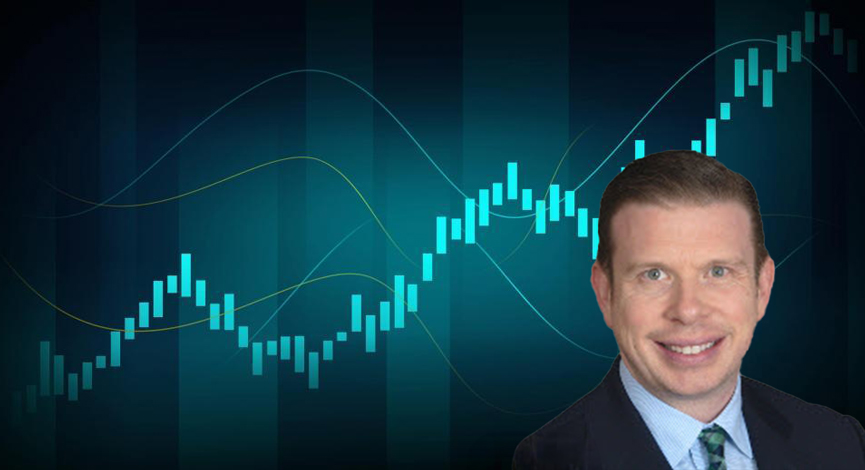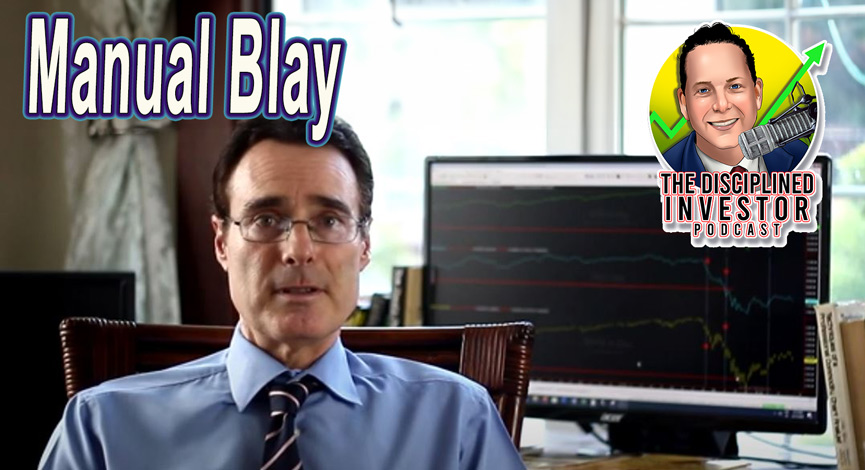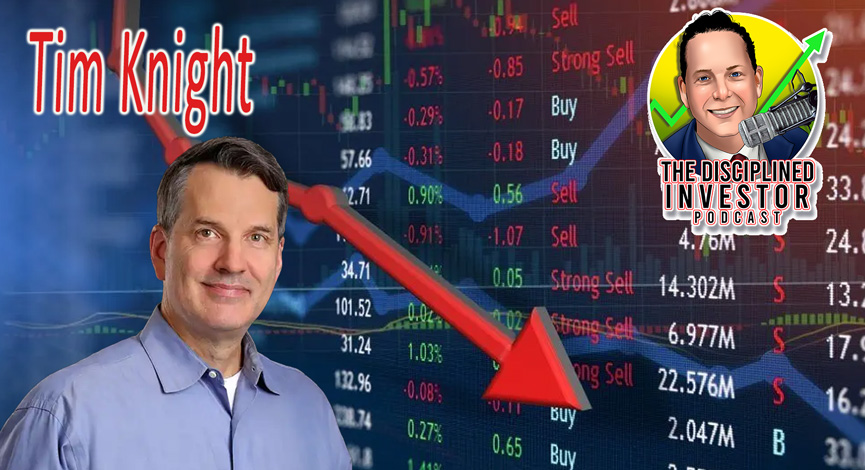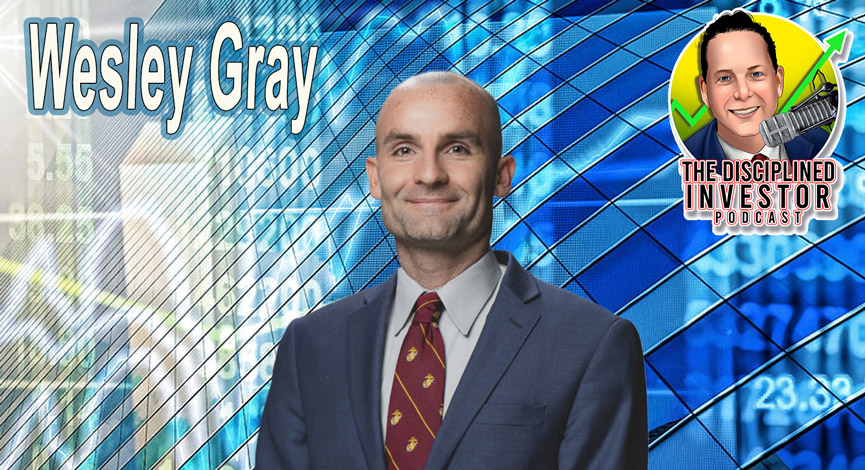How much bullshit are we supposed to take? What is going on with the media and with corporate America? First, we are shoveled a pile of fast-talking, brain-frying commentary from Jimbo “BooYaa” Cramer that it could even make a grown bull cry. Then we have television shows talking about finance like it was last night‘s sporting event. They MUST think this is a game.
What happened to reporting? For years now, we have been watching the evolution of facts being mixed with opinion and a blurring of the two. Sure, blogs, podcasts and the ability to pay-your-way-to be-a journalist has fueled this phenomena, but we need to take a step back here and look at what is going on a broader scale.
As an example, for years I have been perplexed about the lack of reporting that has been given to the excessive amount of corporate buybacks. The mainstream media is all but silent on this subject. Here is the rub: As corporations continue to buyback their own company‘s stock with an insatiable appetite, little has been said about the potential long-term effects. Since the act of buying stock will pull shares off the market, earnings per share will naturally (albeit artificially) increase.
To illustrate, Company ABC has 1 millions shares outstanding with $1 million profit. The EPS equation shows a simple division of earnings into shares
EPS = Earnings/Shares Outstanding
So, the above company will simply have EPS of $1 per share. If that same company buys back 10% of the outstanding shares, the equation would look like this:
EPS = $1 million/900,000 = $1.11
That is an 11% increase on the earnings, which in turn will then boost share price by a multiple of the P/E ratio. The company now has a market capitalization greater than before and more money to buyback even more shares as the treasury shares that they bought are worth more money. Moreover, it is a circular calculation since the entire cycle feeds on itself. That then causes the stock to move higher.
The cost for the share buybacks were did not affect the earnings as it is taken from assets. Assets are not reduced, as the shares will appear on the Balance Sheet. Of course the calculation is not as easy as the example illustrates, but there is a pile of fluff in many of the latest earnings reports that can be attributed to the latest round of share buybacks.
In a recent research report by Standard & Poor‘s shows that corporate buybacks over the past 5 years has outpaces capital expenditures. That is astounding. The rationale by companies is that they believe that “our stock is the best investment we can see for the foreseeable future”.
I had the opportunity to speak to Howard Silverblatt, Senior Index Analyst at Standard & Poor‘s who was the recent author of an interesting report on the subject. According to the report – S&P 500: Buybacks and Treasury Shares – The Overlooked and Hidden Assets, “the record $432 billion in buybacks during 2006 resulted in 56.8% of the S&P 500 issues reducing their share count. Consistent with the values and history, these repurchased shares remain in corporate treasuries and have not been retired. The impact of these buybacks boosted EPS by at least 4% for more than 20% of the S&P 500 issues in 2006.”
Furthermore, “With second quarter earnings reports just now coming in, Standard & Poor‘s is finding that buybacks are reaching an unprecedented level of acceptance by investors and are continuing their material impact on earnings per share. In year-over-year comparisons, 101 issues (over 20% of the S&P 500) reduced their Q1 2007 actual shares by at least 4%, and 72 issues reduced their average diluted shares (which are used to determine EPS) by at least 4% — meaning that at least 4% of their growth was attributed to share count reduction, rather than operating earnings.”
So, what am I missing? Why has only a hint of this started to be discussed by the likes of CNBC? Why is Scott Cohen of CNBC talking about this issue smack in the middle of one of the only on a down days in the market? We may never know what is on the minds of the program managers.
The eventual problem seems to be obvious: if corporate buybacks end, or even slow, will earnings increase enough to keep stock prices up, or will there be similar moves to the downside? Think about this for a minute before jumping to any conclusion. Realize though the party will end one day and the hangover will be enormous.
















